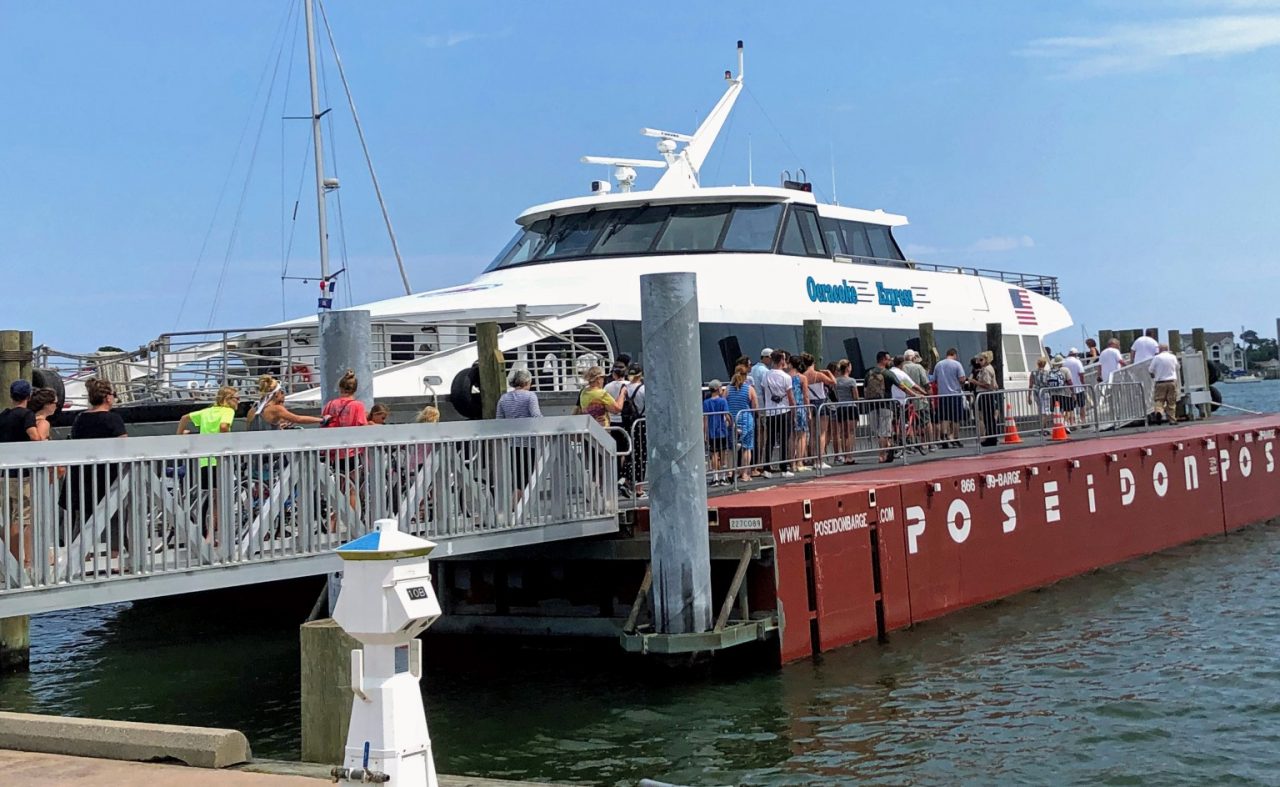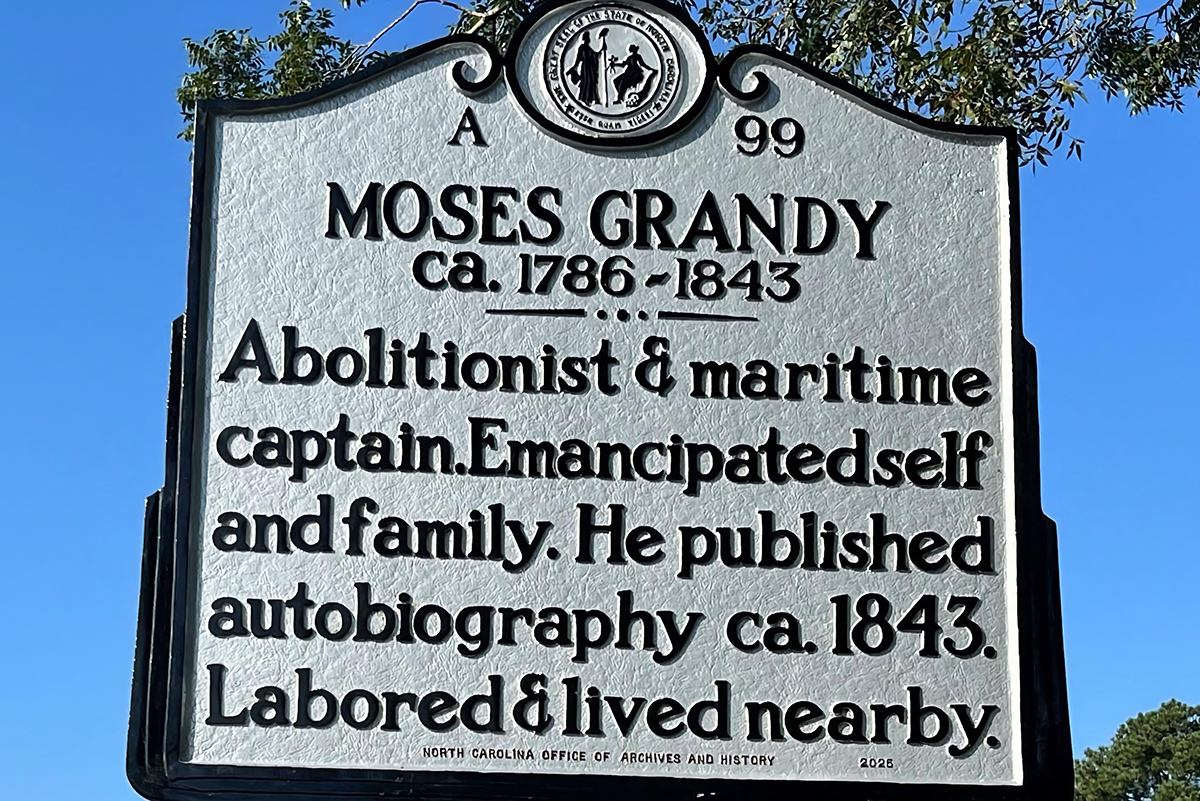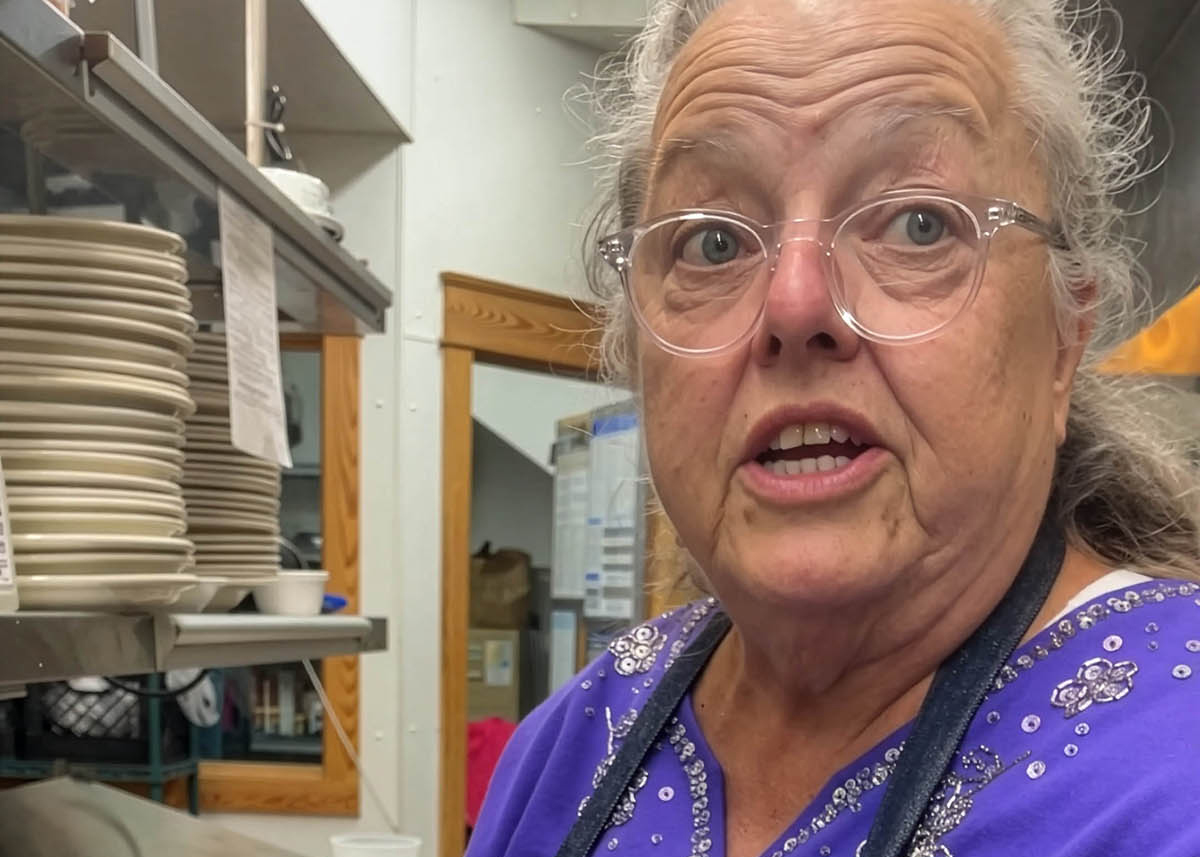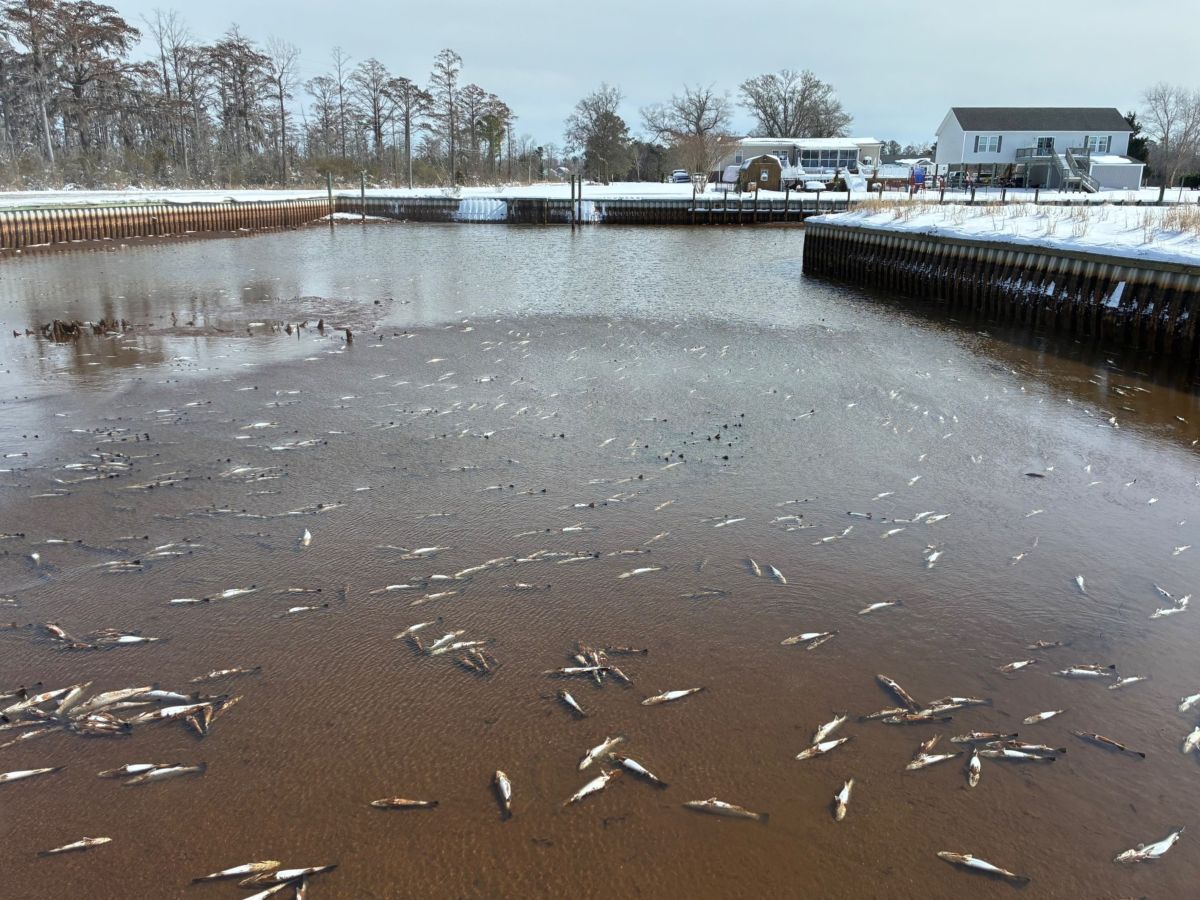
RALEIGH — A temporary impasse in the North Carolina General Assembly over the overall spending total for a fresh state budget ended last week, but don’t expect to see a final product anytime soon.
House and Senate negotiators settled on a $25.7 billion budget ceiling for the 2021-22 fiscal year, which starts on July 1, and $26.7 billion for 2022. The budget targets represent a 3.45% increase in spending the first year and 3.65% in the second year.
Supporter Spotlight
The total does not include debt service for capital projects, which will come out of a new State Capital and Infrastructure Fund.
In a joint statement, Senate leader Phil Berger, R-Rockingham, and House Speaker Tim Moore, R-Cleveland, said they intend to direct $4.2 billion in spending through the new fund “to support critical needs across the state, including several transformational projects.”
Although the exact numbers by department have yet to be spelled out, Berger and Moore said the budget agreement also includes significant tax reductions and the replenishment of the state’s “rainy-day” fund.
“As we work out the details of the budget, we intend to fulfill our commitment to balance the budget while saving for future needs and cutting taxes for the vast majority of residents,” they said in the statement released Tuesday.
The two sides have been at odds over total spending, so much so that House budget committees began meeting to move forward with its own version and not wait for the Senate, which was supposed to release its plan first this year.
Supporter Spotlight
The House effort barely got rolling before the announcement of the agreement.
Senate leaders plan to roll out their budget in about a week with a final round of votes likely to come ahead of the legislature’s weeklong break in early July.
The House then takes up its version. A rough timetable set out by legislative leaders last week, predicts a final legislative deal coming in August.
Less certain is what happens after that.
In a press conference Thursday, Gov. Roy Cooper, who released his budget proposal in April, said he expects to see his priorities reflected in a final deal. Although the legislature’s agreement did not include Medicaid expansion, a major sticking point in 2019, Cooper said he would continue to push for it in negotiations.
Cooper also called for a much more ambitious bond program than what’s envisioned for the new capital and infrastructure fund.
The last comprehensive two-year budget to become law was passed in 2017 over Cooper’s veto, as was the 2018 budget. But later that second year, Democrats gained enough seats in both chambers to sustain a Cooper veto and in 2019 talks between the legislature and the governor ended in a stalemate.
Since then, state government has been funded through the combination of an automatic spending law that maintains current spending levels and a series of consensus “mini-budgets” for various departments and programs.
This year, with no spending plan likely to be in place by the end of the fiscal year, the automatic spending law will kick in July 1.

Ferry bill sails through
While the budget churns forward, legislators are working their way through a stack of legislation moved in last month’s crossover marathon.
Just before adjourning for the week, the Senate in a 47-0 vote gave its final approval for legislation authorizing the Department of Transportation to lease and operate the Hatteras-Ocracoke passenger ferry.
The bill, which had passed the House the day before in a vote of 106-2, allocates $700,000 from the State Highway Fund for a lease through Aug. 15 and includes an opt-out provision if the state can put a new state-owned boat into operation sooner.
On Friday, the Ocracoke Observer reported that construction of the new state-owned boat, a 92-foot catamaran, had been completed and was undergoing trials.
The boat was originally due to be completed in 2018, but inspections of hull welds raised concerns and work was halted, leading to a protracted legal battle between the state and its contractor, US Workboats, formerly based in Hubert, in Onslow County.
A new contractor, boat repair specialists Waterline Systems, also based in Hubert, took over the $4 million project in 2020.
The boat is being tested in the water at the company’s shipyard in Hubert, NCDOT spokesman Tim Haas said Friday.
“It’s part of the process the builder goes through before it gets turned over to the Ferry Division, so I can’t put a date on when that will be completed. It will be named the Ocracoke Express,” Haas said.
As far as the leased ferry goes, Haas said nothing can happen until the bill becomes law. “Then we will work on completing the contract with the owner of the boat (SeaStreak Marine). After that, the boat will transit down here from New Jersey, then we have to perform required route verification and a ‘new to zone’ inspection before it can begin service.”
Haas said the Ferry Division has been making preparations all spring for passenger ferry service, so once the contract is signed and the testing completed, it should not take long before service would begin. “But again, none of that can start until the bill gets signed.”
Act II for Farm Act
The House will move forward on its review of Senate Bill 605, the Farm Act of 2021, and could vote on the bill as early as early as next week, despite objections to a provision putting all hog farm biogas operations under one general permit.
The Senate approved the bill on May 11 along party lines 29-21 and the provision is expected to lead to a similar conclusion in the House.
After passage in the Senate, environmental groups vowed to fight the biogas provision. In a statement after the vote, the North Carolina Sierra Club said the biogas plan would further entrench lagoon and spray field systems for hog waste.
Last week, House Agriculture Committee Chairman Rep. Jimmy Dixon, R-Duplin, said he supported the bill as is and would likely urge a vote on the bill during the committee’s next meeting. Dixon dismissed criticism of the biogas plan, saying it’s better than the system currently in place.
Trail bill on track
The House overwhelmingly approved a plan adding the East Coast Greenway to the state parks system’s trails. The greenway which runs through Atlantic Coast is a primarily inland route but includes “supplemental” routes along the coast as well as a section south of Wilmington through Brunswick County. Coastal trails included are South Tar River Greenway, Greenville; Jacksonville Rail-Trail, Jacksonville; Greenfield Lake Path, Wilmington; The Wilmington Riverwalk; Cross-City Greenway, Wilmington; Dismal Swamp Canal Trail; South Mills; Carolina Beach Island Greenway; Surf City Bridge Multi-Use Path; Fort Fisher Trail, Kure Beach; Southport to Fort Fisher Ferry; Emerald Path, Emerald Isle; and the South Tar River Greenway in Greenville.







